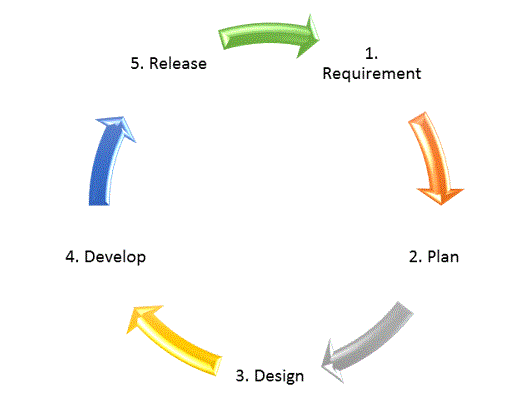Maidstone
Maidstone is county town of Kent, England. Running through the centre of town, the river Medway links Maidstone with Thames Estuary and Rochester. Pentagon Training is proud to announce that they provide high-quality training courses in Maidstone. This iconic venue is equipped with the updated resources which will help you to boost your skills in your nearby area. Some of the most popular courses in Leicester includes PRINCE2, Lean Six Sigma, Risk Management, Value Management, PMP, Scrum, ITIL, Business Analysis.
History
Many finds have revealed the existence of Maidstone since the Neolithic period. The towns, villas and roads in Maidstone point to the existence of the Roman architecture. The Norman rulers came up with a shire-moot. Numerous religious organisations established an abbey at Boxley, college and hospitals. What today is a suburb of Penenden Heath was once a place of execution in the medieval times.
Maidstone's was granted the status of a town in 1549; briefly revoked it received the new charter in 1551 as a borough. In 1691 under James l, the charter was approved and the coat of arms bearing a golden lion and a representing river.
Governance
Members of Parliament
Maidstone is divided between the constituencies of Faversham and Mid Kent and Maidstone and the Weald. Maidstone was in the county constituency before 1997. The Conservative Helen Grant is Maidstone’s Member of Parliament.
Local Government
Social services, education, fire services and minerals, and maintenance of new infrastructure are handled by Kent County Council. It is elected every four years. In recent election 2013, depicts a drop in Conservative Party support in Maidstone.
Theatre
Theatres include the following:
- Hazlitt Theatre
- RiverStage; The Exchange Studio
- Hermitage Millennium Amphitheatre

 ENQUIRE
ENQUIRE
 REQUEST CALLBACK
REQUEST CALLBACK
 GET A FREE QUOTE
GET A FREE QUOTE


 Introduction
Introduction Course Details
Course Details Course Content
Course Content



 London
London